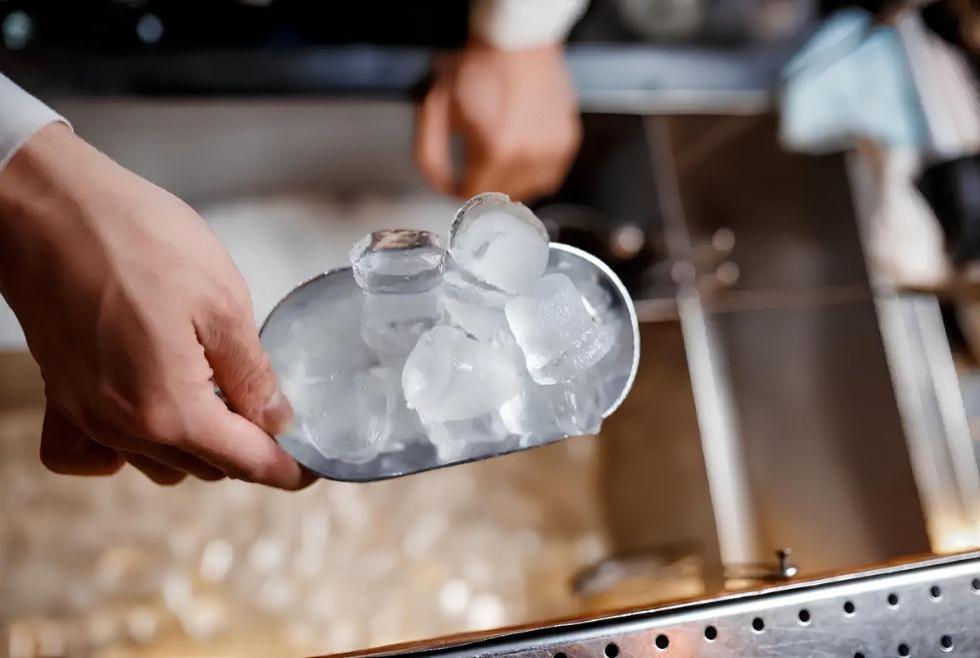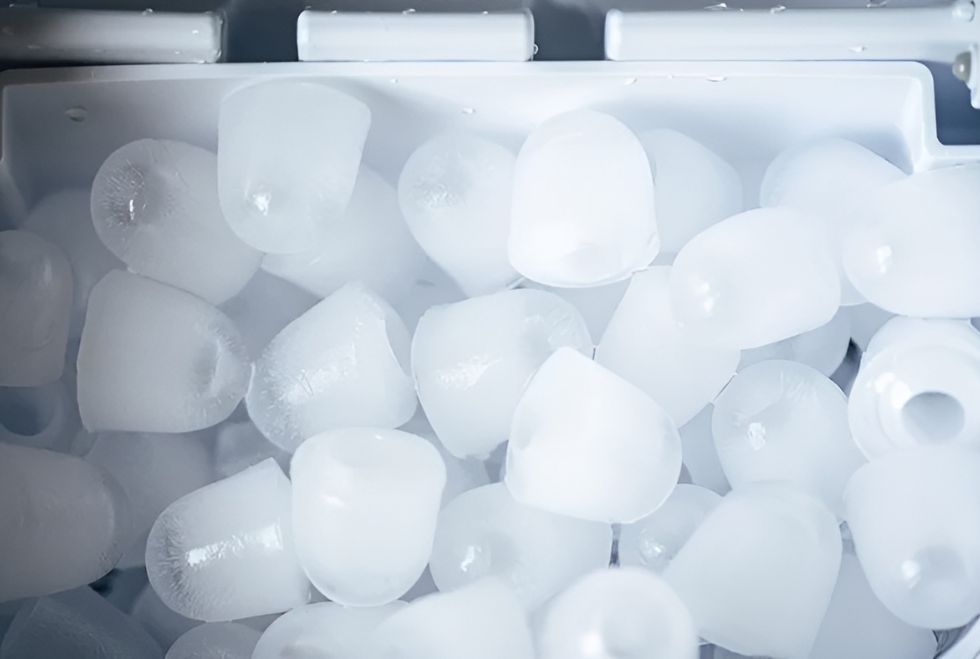
Metal surfaces used in ice production and storage are subjected to extreme conditions: sub-zero temperatures, freeze/thaw cycles, continuous contact with water and humidity. In this context, traditional protective coatings can show stiffness, cracks or detachment over time, jeopardising the hygienic safety of the materials and the durability of the equipment.
When a surface comes into contact with water intended for ice production, migration (or "transfer") of chemicals from the base material to the water itself can occur. This transfer, if left unchecked, can compromise the quality of the ice and the health of consumers.
For this reason, European and international regulations impose transfer limits, i.e. maximum thresholds for the release of substances from metal coatings or components. Some of the current regulations include:
Compliance with these limits is mandatory for all materials in contact with water or food, including ice.

The TEA PLUS® treatment was created to offer effective and durable protection in all areas where metal is in contact with water, ice or beverages. Thanks to its high elasticity, TEA PLUS® is able to adapt to the continuous temperature changes typical of ice production plants, avoiding cracks, detachment or flaking even after long periods of use.
This feature is essential to avoid the release of unwanted substances and to ensure that the treated surface remains compact, stable and safe over time. It is also an ideal solution for coffee machines, beverage dispensers and installations where it is essential to combine hygiene, resistance and compliance with food contact surface regulations.
TEA PLUS® is NSF certified, confirming its suitability for contact with water and ice. This certification attests that:
NSF certification is synonymous with reliability and compliance, and is often requested by companies operating in regulated environments, especially internationally.
The TEA PLUS® treatment is the ideal solution for ice plants: it ensures mechanical strength, stability over time and total hygienic safety. Its unique elasticity makes it a suitable choice for those who want to prevent problems and protect the health of end consumers.
Do you work in the Food and Beverage sector and have a project in mind? Contact us for a personalised consultation.